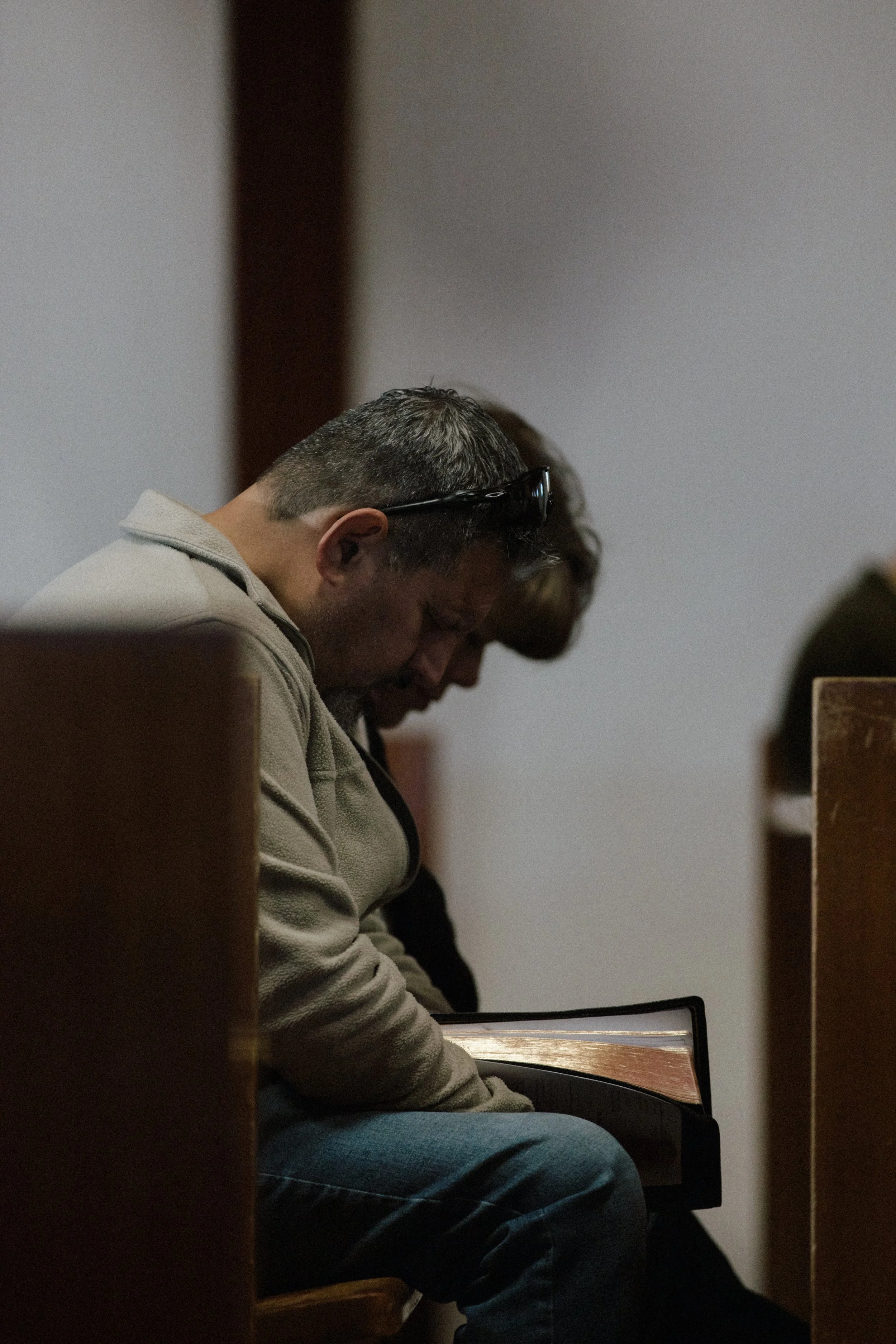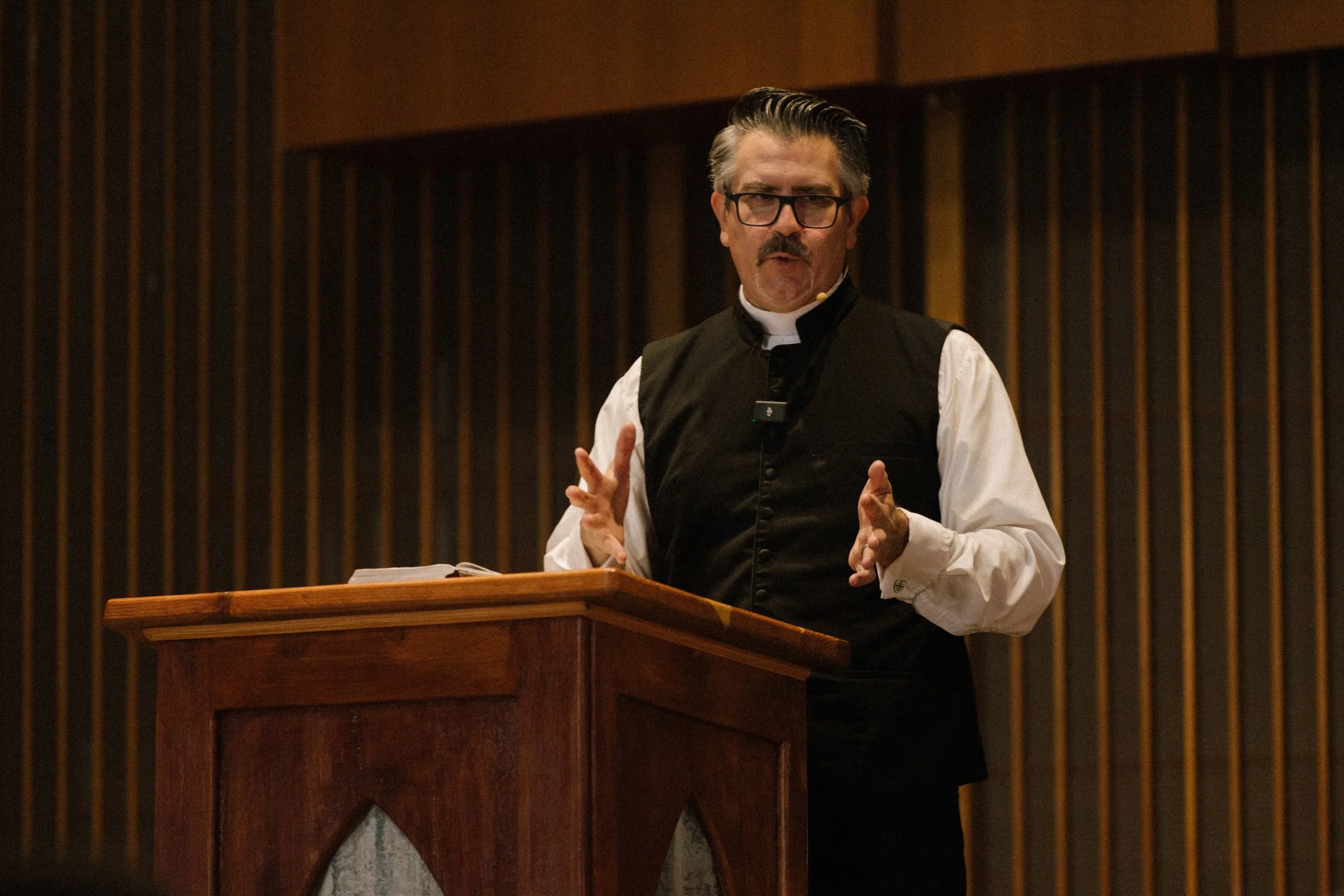What Is a “Successful” Church?
Opening Up Romans—13
Exploring the riches of God’s grace, one passage at a time.
Our culture is obsessed with success—bigger means better. We measure worth by numbers, names, and visibility. Sadly, this same mindset slips into how we think about church. We “shop” for churches like we shop for cars—looking for the best features to show off.
But is that how God measures success? No. God’s definition looks nothing like ours. He measures faithfulness, not flash.
When Paul wrote to the Romans, he didn’t write to the biggest or most “successful” church in the empire. He wrote to a scattered group of believers, ordinary people living in the capital city of pagan power. Yet through them, God was redefining success.
A truly successful church, Paul reminds us, is measured by the impact of the gospel in our lives—filling us with prayer, participation, and preaching.
A Church Full of Prayer
Before saying anything else to the Romans, Paul begins with prayer: “I thank my God through Jesus Christ for all of you…without ceasing I mention you always in my prayers” (vv. 8–10).
A successful church isn’t built on strategic programs but saturated in prayer. The Heidelberg Catechism calls prayer “the chief part of thankfulness to God” (Q&A 116). Why? Because prayer isn’t an accessory to faith—it’s our lifeline to God.
Yet how rare that lifeline has become. Many churches downplay prayer because it makes people uncomfortable. But when prayer becomes optional, power becomes absent.
In 1857, a quiet New York businessman named Jeremiah Lanphier invited people to pray with him at noon. No one came. He prayed alone. After thirty minutes, one man joined. Then six. Within months, thousands were gathering daily for prayer across the nation. That movement—the Fulton Street Revival—didn’t begin with a marketing plan or a celebrity preacher. It began with prayer.
Paul prayed like that. His prayers were serious—“God is my witness”—and thankful—“because your faith is proclaimed in all the world.” His prayers were worship.
A successful church isn’t full of plans; but with people on their knees. The world measures success by how high we climb. God measures success by how low we kneel.
A Church Full of Participants
But a praying church isn’t complete until those prayers become action. Paul prayed that “by God’s will [he might] succeed in coming to [them]…that [they] may be mutually encouraged by each other’s faith” (vv. 10–12).
That’s what a successful church looks like—a church full of participants. Paul didn’t want to show off his gifts but share them. He wanted to strengthen others and be strengthened by them.
Think of a sponge: it can soak up water or be wrung out. Which are you? Some Christians soak up sermons week after week but never pour into others. What happens to a sponge that never gets wrung out? It grows moldy. God fills us with his Word so we can wring it out into the lives of others.
John Calvin once said, “There is none so void of gifts in the Church of Christ who cannot in some measure contribute to our spiritual progress.” Every believer is a “living member” of Christ’s body (Heidelberg Catechism, Q&A 54–55). You have a gift—use it.
A successful church isn’t full of consumers but contributors. Spectators watch; servants build.
A Church Full of Preaching
Prayer gives power. Participation gives purpose. But both draw life from one source—the preaching of Jesus Christ.
Paul was eager “to preach the gospel…for I am under obligation both to Greeks and to barbarians” (vv. 14–15). The gospel is a sacred trust—a message we didn’t write but must deliver faithfully. Like a mail carrier, our job isn’t to edit the message but to deliver it.
A successful church doesn’t preach itself; it preaches Christ. When Christ is preached, sinners are saved, saints are strengthened, and God is glorified.
Redefining Success
Romans 1 helps us redefine success. It’s not the church with the biggest building or largest following—it’s the one that pleases Christ.
A church full of prayer—depending on God.
A church full of participants—serving all.
A church full of preaching—proclaiming Jesus.
That’s a successful church. That’s the kind of church I want. How about you? May God make us that kind of church—to his glory alone.




